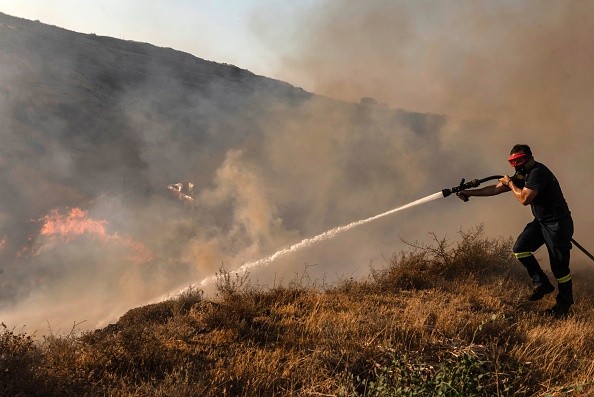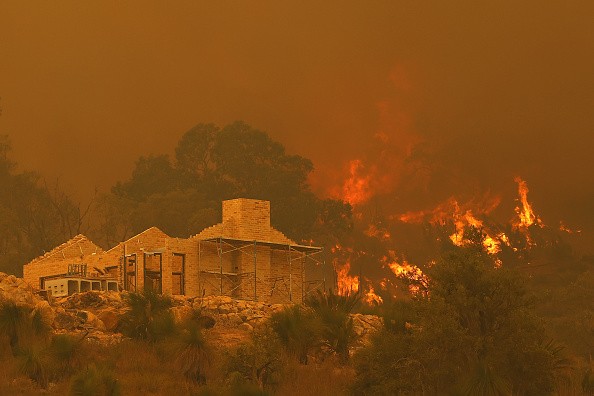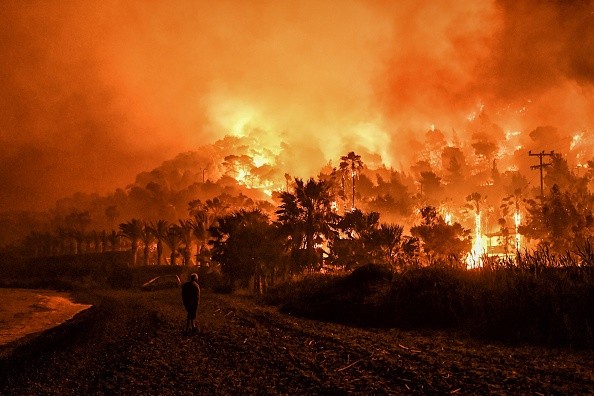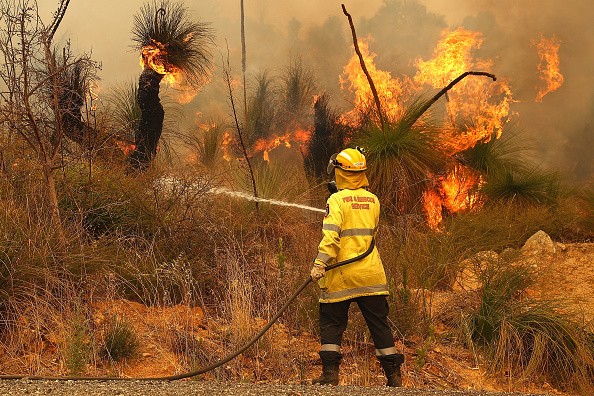
Wildfires burning in Canada affect air quality in portions of the United States, including Minnesota and North Dakota. According to meteorological experts, the smoke is staying closer to the ground.
"Sometimes the smoke stays aloft, but in this case, behind the front, the smoke is getting closer to the surface. That's why we can smell it, and it's affecting the air quality," said Carl Jones, a National Weather Service meteorologist.
Out of concern for public health, the Minnesota Pollution Control Agency issued an air quality notice for parts of the state, including Moorhead, Bemidji, Roseau, and East Grand Forks.

Who are at risk?
Those who suffer from asthma, COPD, or other respiratory diseases are particularly vulnerable.
"It irritates the airways. "There are little particles in the smoke that enter into the airways and irritate them," said Dr. Lori Shoman, Sanford Health's respiratory therapist supervisor. "Anyone who suffers from shortness of breath should be mindful of the weather conditions outdoors before venturing out and keep track of how they feel."
Dr. Shoman stated that even individuals who do not have a respiratory disease might be affected by the shift in air quality.
"You might acquire those symptoms if you are exposed to any irritant for any length of time," she added.
Related Articles : Western Canada Breaks National Heat Records at 116 Degrees

In the United States, particularly in the West, larger and more severe wildfires increase the risk of smoke generation and chronic exposure. In addition, wildfires contribute to air pollution in the surrounding area, which can have an impact on regional air quality.
Wildfire Smokes
Smoke from wildfires may cause everything from irritation of the eyes and respiratory tract to more severe illnesses including bronchitis, asthma aggravation, heart failure, and premature death.
Smoke exposure is hazardous to children, pregnant women, and the elderly. Those who are exposed to smoke from wildfires are known to visit hospitals and clinics more frequently.
It's critical to learn more about the short- and long-term health impacts of smoke from wildfires and controlled fires, which are together referred to as wildland fires. Research is being carried out to improve our understanding of the health impacts of various types of flames and combustion stages.
Exposure to Smoke

While not everyone is sensitive to wildfire smoke, it's still a good idea to stay away from it if at all possible. And when there's a lot of smoke, as when a wildfire is close by, it's awful for everyone.
When wood and other organic materials burn, smoke is formed from a complicated combination of gases and tiny particles. The small particles in smoke are the most dangerous to one's health.
These tiny particles can infiltrate your lungs deeply. They can cause everything from burning eyes and a runny nose to exacerbating existing heart and lung illnesses. Particle pollution has also been linked to an increased risk of mortality.
© 2025 NatureWorldNews.com All rights reserved. Do not reproduce without permission.





